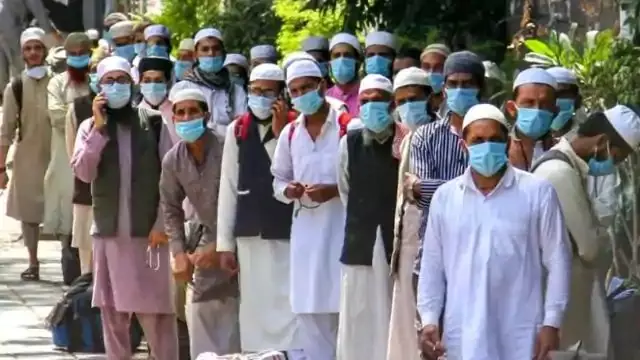Delhi High Court Allows Reopening Of Five Floors Of Masjid In Nizamuddin Markaz During Ramzan
Nupur Thapliyal
1 April 2022 3:52 PM IST

Next Story
1 April 2022 3:52 PM IST
The Delhi High Court on Friday allowed reopening of five floors, including Ground floor as well as four floors, of the masjid premises in Nizamuddin Markaz for offering of prayers during Ramzan month. Justice Jasmeet Singh also directed that the CCTV cameras be made functional at entry, exit and staircase area of each floor. Public entry was banned at the Nizamuddin Markaz in the aftermath...
